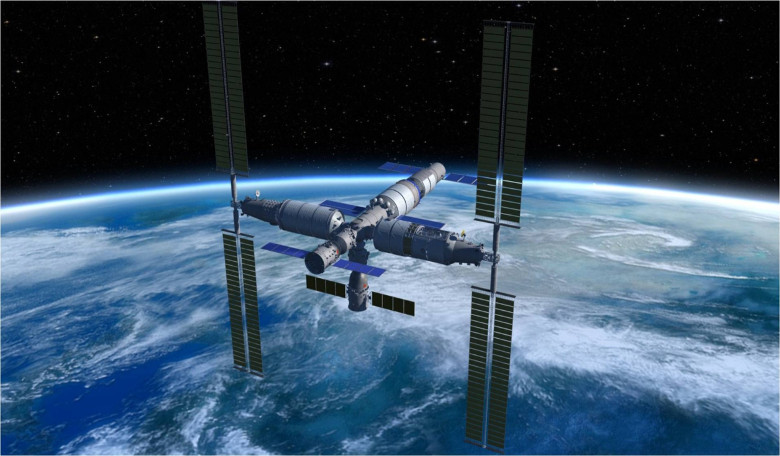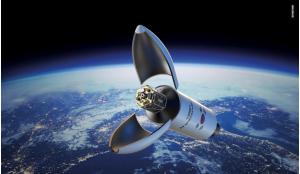The United Nations Office for Outer Space Affairs (UNOOSA) and China’s Manned Space Agency (CMSA) have invited applications from United Nations Member States to conduct experiments on-board China’s Space Station (CSS).
In 2016 UNOOSA and CMSA signed a Memorandum of Understanding to work together to develop the space capabilities of United Nations Member States via opportunities on-board the CSS, which is expected to be operational from 2022.
The Announcement of Opportunity for this initiative, as well as application instructions, were released at a ceremony hosted by UNOOSA and the Permanent Mission of China to the United Nations and Other International Organizations in Vienna on 28 May.
“Since the launch of the first Chinese satellite in 1970, China has become one of the major space faring nations. Its state of the art space programme, including the well-established Manned Space Programme, is one of the most holistic and technologically advanced in the world. Such technical advances in space have broader benefits to all of us, as space is a driver and a tool for socio-economic sustainable development. With the global challenges we all face here on Earth, it is important to foster collaboration and cooperation in space activities. This is space diplomacy in action. I appreciate China’s partnership and support on this exciting initiative, and look forward to seeing a number of interesting applications from United Nations Member States,” said Simonetta Di Pippo, Director of UNOOSA.
“The China Space Station belongs not only to China, but also to the world. Just as the Outer Space Treaty of 1967 proclaimed, the exploration and use of outer space shall be a common province for humankind. Outer space should become a new domain for promoting the common interests of everyone, rather than a new battlefield for competition and confrontation," said Ambassador Shi Zhongjun, representative of China to the United Nations and other International Organizations in Vienna.
"Guided by the idea of a shared future, the CSS will become a common home in space for all humankind. It will be a home that is inclusive and open to cooperation with all countries, a home of peace and good will, and a home of cooperation for mutual benefit. Through the CSS, we would like to build up a model of sincere mutually beneficial cooperation among countries in the peaceful exploration and use of outer space,” added Zhongjun.
Public and private organizations including institutes, academies, universities and private enterprises with a scientific orientation are invited to apply for the opportunity by 31 August 2018. Institutions from developing countries are particularly encouraged to apply.











